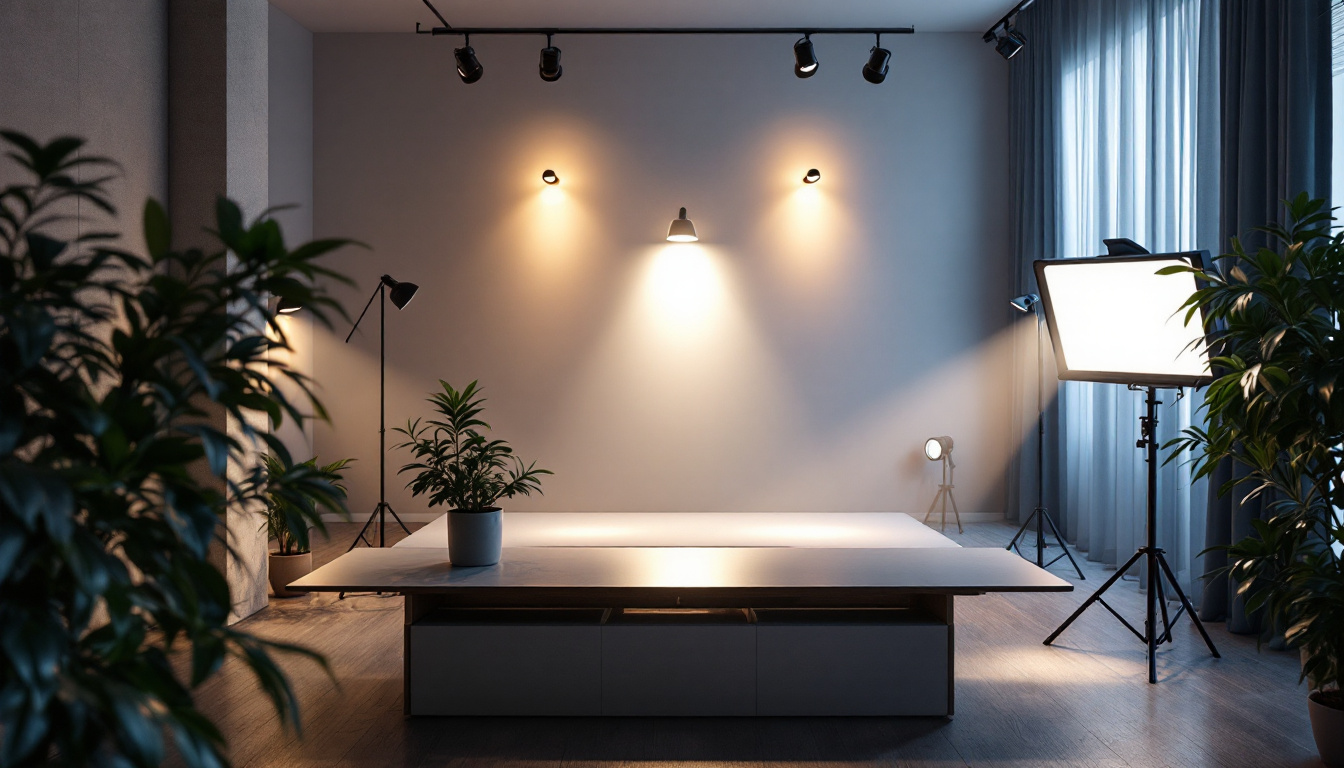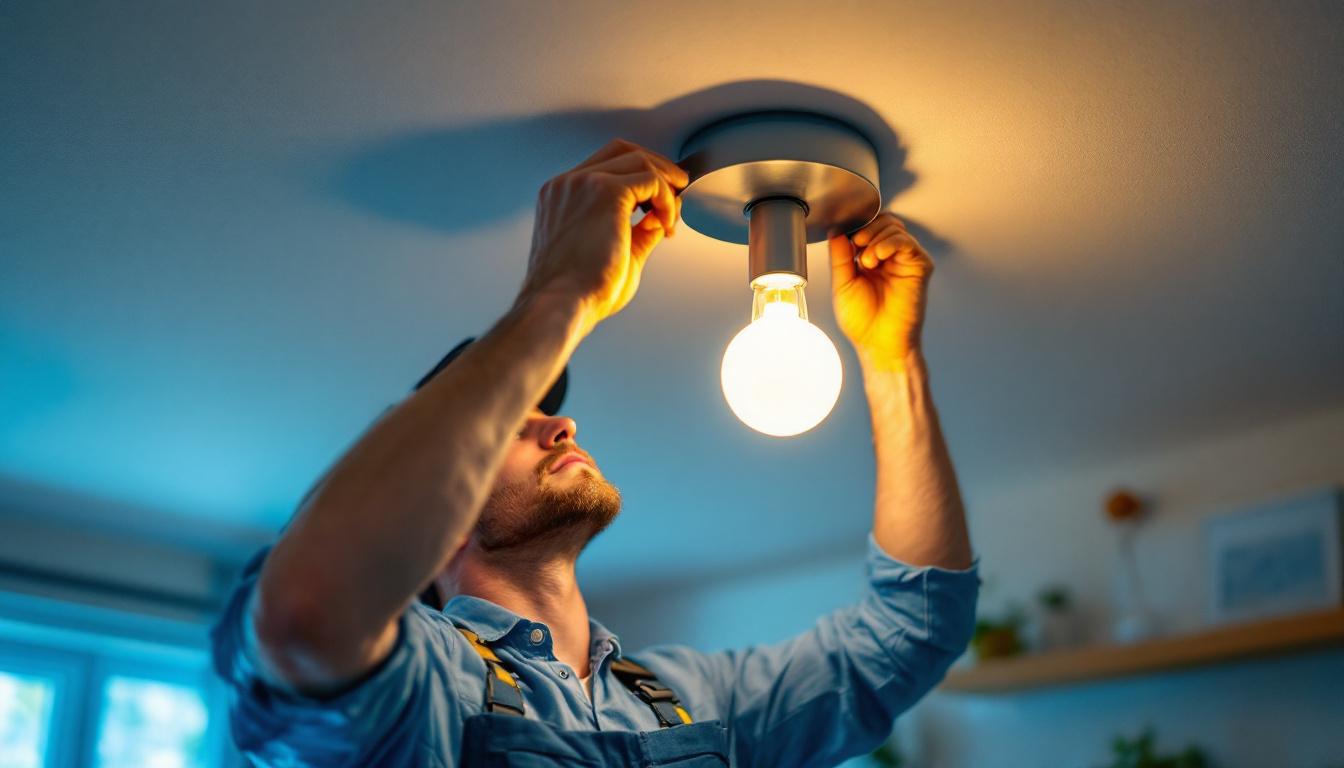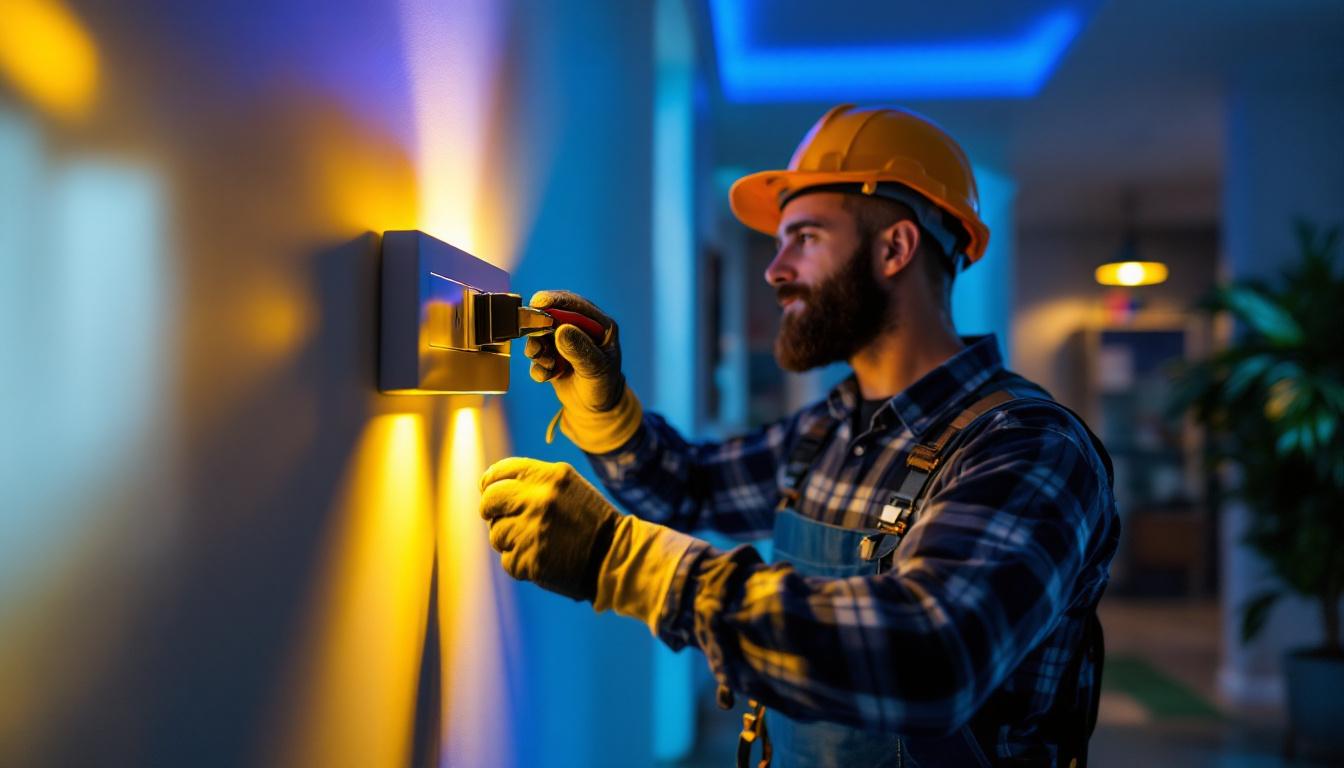
The lighting industry has evolved significantly over the years, driven by technological advancements, environmental considerations, and changing consumer preferences. As the demand for innovative lighting solutions increases, contractors in the field must stay informed about the latest trends and developments. This article explores the growing importance of various aspects within the lighting industry, highlighting the need for contractors to adapt and thrive in this dynamic environment.
Energy efficiency has become a primary concern for both consumers and businesses alike. With rising energy costs and increasing awareness of environmental issues, the demand for energy-efficient lighting solutions is at an all-time high. This shift is not only beneficial for the planet but also offers significant cost savings for end-users. As more individuals and organizations recognize the impact of their energy consumption, the transition to sustainable practices is becoming a fundamental aspect of modern living. This change is further fueled by advancements in technology and a growing emphasis on corporate responsibility, making energy efficiency a key component of strategic planning for many businesses.
Modern lighting technologies, such as LED and OLED, have revolutionized the way lighting is approached. LEDs, in particular, consume significantly less energy compared to traditional incandescent and fluorescent bulbs. They also have a longer lifespan, which reduces the need for frequent replacements. As a contractor, understanding these technologies is essential for providing clients with effective solutions that meet their energy-saving goals. Moreover, the versatility of LED lighting allows for innovative applications, from architectural lighting to smart home systems, which can be tailored to enhance both functionality and aesthetics. The integration of smart technology with energy-efficient lighting also enables users to monitor and control their energy usage in real-time, further promoting sustainable practices.
As energy efficiency becomes a priority, regulatory bodies are implementing stricter standards that affect lighting products. Contractors must be aware of these regulations to ensure compliance and avoid potential penalties. Staying updated on local, state, and federal regulations will not only protect contractors but also enhance their credibility in the eyes of clients. Additionally, many jurisdictions offer incentives for the adoption of energy-efficient technologies, such as rebates or tax credits, which can be a valuable selling point for contractors. Understanding these financial benefits can help contractors guide their clients toward making informed decisions that align with both their budgetary constraints and sustainability goals. Furthermore, as the market evolves, contractors who proactively embrace these changes will likely find themselves at the forefront of the industry, equipped to meet the growing demand for energy-efficient solutions.
smart lighting technology is another area experiencing rapid growth. With the advent of the Internet of Things (IoT), lighting systems can now be controlled remotely, allowing for greater flexibility and convenience. This trend is reshaping how lighting is integrated into both residential and commercial spaces. Homeowners can now program their lights to turn on and off at specific times, creating the illusion of occupancy when they are away, which can deter potential intruders. Additionally, businesses can utilize smart lighting to create dynamic environments that adapt to different times of day or specific events, enhancing customer experience and engagement.
Smart lighting offers numerous advantages, including enhanced energy efficiency, improved security, and increased user comfort. By allowing users to control their lighting through smartphones or voice-activated devices, smart systems can adjust brightness and color temperature based on individual preferences and needs. For contractors, understanding these benefits can help in designing systems that cater to modern consumer demands. Furthermore, the integration of sensors in smart lighting systems can lead to significant energy savings by automatically adjusting lighting based on occupancy or natural light levels, thus reducing electricity costs and contributing to a more sustainable environment.
Smart lighting does not exist in isolation; it often integrates with other smart home technologies such as security systems, thermostats, and entertainment systems. This interconnectedness provides an opportunity for contractors to offer comprehensive solutions that enhance the overall user experience. Familiarizing oneself with these integrations can set a contractor apart in a competitive market. For instance, when combined with smart security cameras, lighting can be programmed to illuminate pathways when motion is detected, enhancing safety during nighttime hours. Additionally, smart lighting can sync with home entertainment systems to create immersive experiences, adjusting colors and brightness to match the mood of a movie or game, thereby elevating the overall enjoyment of the space.
As environmental concerns continue to rise, sustainability has become a key focus within the lighting industry. Contractors are increasingly tasked with providing solutions that not only meet aesthetic and functional needs but also align with eco-friendly practices. The shift towards sustainable lighting is not merely a trend; it reflects a growing awareness among consumers about the importance of reducing carbon footprints and conserving natural resources. This awareness is driving demand for innovative lighting solutions that are both energy-efficient and environmentally responsible.
Incorporating sustainable materials into lighting designs is becoming more prevalent. This includes using recycled materials or sourcing products from manufacturers committed to sustainable practices. Contractors should seek partnerships with suppliers who prioritize sustainability, as this can enhance their project offerings and appeal to environmentally-conscious clients. For instance, utilizing LED lights not only reduces energy consumption but also often involves materials that can be recycled at the end of their life cycle. Moreover, the use of sustainably sourced wood or biodegradable plastics in fixtures can further minimize environmental impact, making a strong statement about the contractor’s commitment to eco-friendly practices.
Another aspect of sustainability is designing lighting systems that are built to last. This not only reduces waste but also minimizes the need for frequent replacements. Contractors should focus on quality and durability when selecting products, ensuring that they provide long-term value to their clients. By choosing high-quality components and fixtures with extended lifespans, contractors can significantly decrease the frequency of replacements, thereby reducing the overall environmental impact of their projects. Additionally, integrating smart technology into lighting systems can enhance longevity by allowing for better control over energy usage, further promoting sustainability. Smart lighting systems can adapt to occupancy and daylight levels, ensuring that energy is used efficiently and only when necessary, which is a key consideration in modern sustainable design.
While functionality and efficiency are crucial, the aesthetic appeal of lighting cannot be overlooked. The right lighting can dramatically transform a space, enhancing its overall design and atmosphere. Contractors must be adept at balancing functionality with aesthetics to meet client expectations.
Current trends in lighting design emphasize minimalism, versatility, and the use of natural materials. Understanding these trends allows contractors to offer solutions that resonate with contemporary design preferences. Incorporating elements such as adjustable fixtures and customizable lighting can provide clients with the flexibility they desire.
Lighting plays a significant role in setting the mood and ambiance of a space. Contractors should consider how different lighting options can influence the atmosphere, whether it’s creating a warm, inviting environment in a home or a bright, energizing space in an office. Knowledge of color temperature and lighting placement can help contractors achieve the desired effect for their clients.
Innovation is at the heart of the lighting industry, with new technologies emerging regularly. Contractors must stay informed about these advancements to remain competitive and offer cutting-edge solutions to their clients.
LED technology continues to evolve, with improvements in brightness, color rendering, and energy efficiency. New developments such as tunable white LEDs allow users to adjust the color temperature of their lighting, providing greater flexibility in various settings. Contractors should keep abreast of these advancements to provide clients with the latest options available.
The rise of wireless lighting control systems has made it easier for users to manage their lighting environments. These systems can be integrated with smart home technology, allowing for seamless control over lighting settings. Contractors should consider offering these solutions as part of their service portfolio, as they align with the growing demand for convenience and automation.
As the lighting industry evolves, educating clients about new technologies and trends becomes increasingly important. Engaging clients in the decision-making process can lead to more successful projects and satisfied customers.
Contractors should provide clients with resources that explain the benefits of various lighting solutions. This can include brochures, online content, or in-person consultations. By equipping clients with knowledge, contractors can help them make informed decisions that align with their needs and preferences.
Encouraging feedback from clients throughout the project can foster collaboration and lead to better outcomes. By actively seeking input and addressing concerns, contractors can build trust and strengthen their relationships with clients. This approach not only enhances client satisfaction but also encourages repeat business and referrals.
The lighting industry is poised for continued growth and transformation. As technology advances and consumer preferences shift, contractors must remain adaptable and proactive in their approach. Embracing innovation, sustainability, and client engagement will be key to thriving in this ever-changing landscape.
To remain competitive, contractors should invest in ongoing education and training. Attending industry conferences, participating in workshops, and staying informed about emerging trends will equip contractors with the knowledge needed to navigate the future of the lighting industry successfully.
Establishing strong relationships with suppliers, manufacturers, and other industry professionals can provide contractors with valuable resources and support. Collaborating with partners who share a commitment to quality and innovation can enhance a contractor’s offerings and reputation in the market.
The lighting industry is undergoing significant changes, driven by advancements in technology, a focus on sustainability, and evolving consumer preferences. For contractors, understanding these trends and adapting to the growing importance of energy efficiency, smart solutions, and aesthetic appeal is essential for success. By staying informed, engaging clients, and embracing innovation, contractors can thrive in this dynamic industry and deliver exceptional lighting solutions that meet the needs of their clients.
Ready to elevate your lighting game and meet the demands of an evolving industry? At LumenWholesale, we provide contractors like you with the highest quality, spec-grade lighting products at prices that can’t be beaten. Say goodbye to local distributor markups and hello to our extensive selection that meets rigorous industry standards. With free shipping on bulk orders, we ensure you get the premium lighting you need at the best value — all with the convenience you deserve. Don’t compromise on quality or cost. Discover wholesale lighting at the best value today and light up your projects with confidence.

Discover the common pitfalls lighting contractors face with simple ceiling lights and learn how to avoid them.

Discover how electric wall plugs can boost lighting contractors’ success with increased efficiency, safety, and cost savings.

Discover essential insights into Atlas Lights and elevate your lighting projects.

Discover effective strategies for training your team in the installation and maintenance of low profile pot lights.